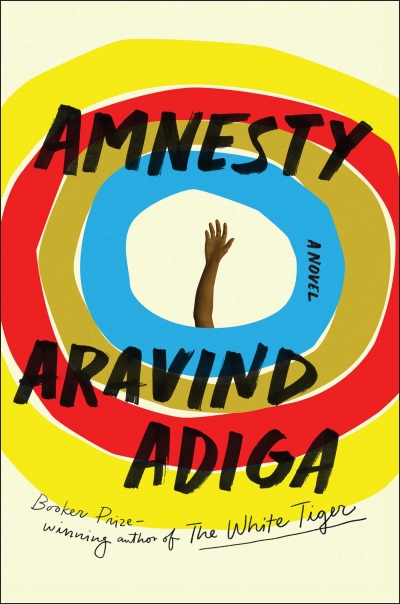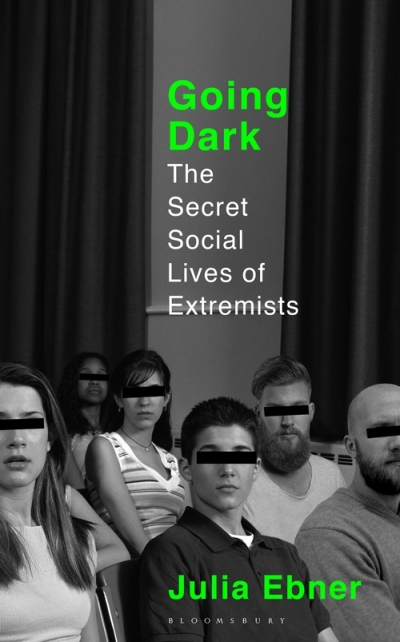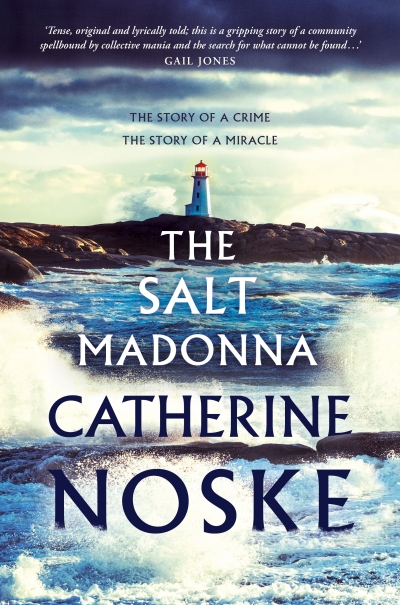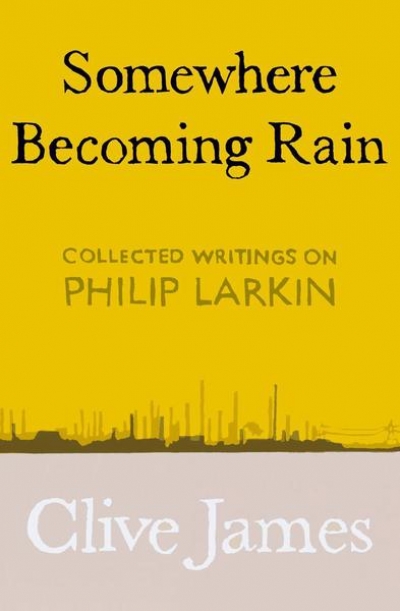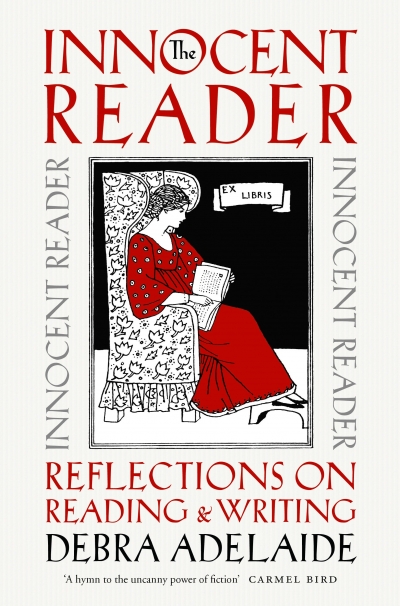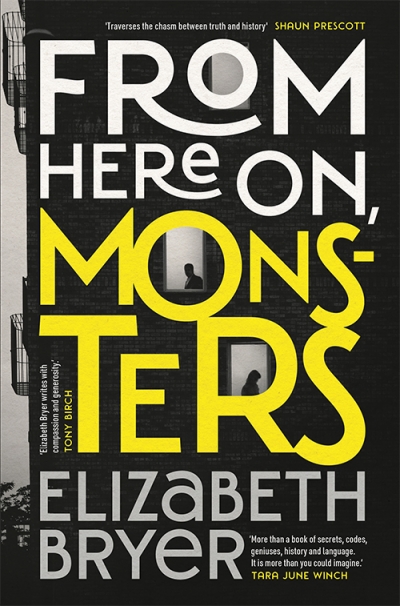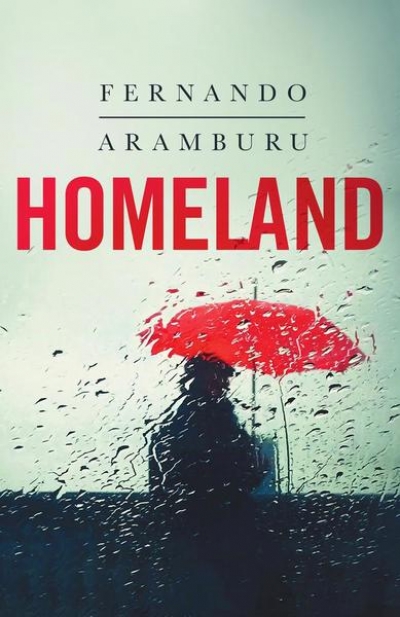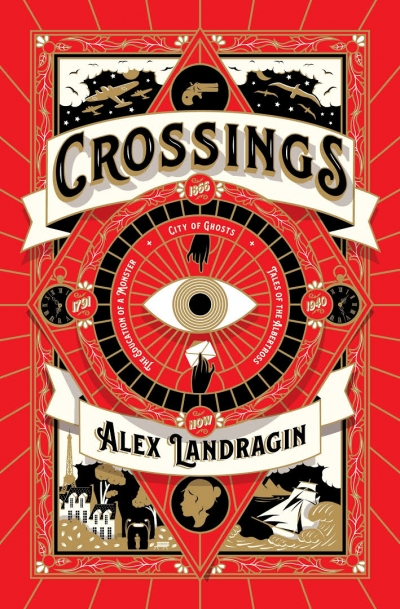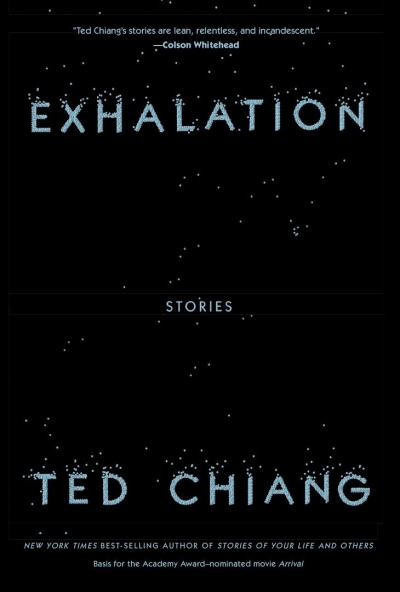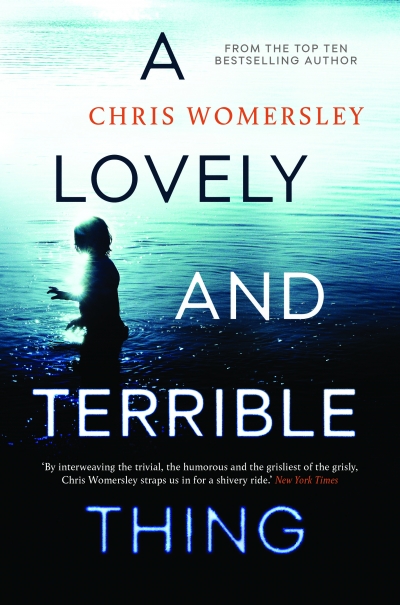Picador
Film | Theatre | Art | Opera | Music | Television | Festivals
Welcome to ABR Arts, home to some of Australia's best arts journalism. We review film, theatre, opera, music, television, art exhibitions – and more. To read ABR Arts articles in full, subscribe to ABR or take out an ABR Arts subscription. Both packages give full access to our arts reviews the moment they are published online and to our extensive arts archive.
Meanwhile, the ABR Arts e-newsletter, published every second Tuesday, will keep you up-to-date as to our recent arts reviews.
Recent reviews
Somewhere Becoming Rain: Collected writings on Philip Larkin by Clive James
by Geoff Page •
The Innocent Reader by Debra Adelaide & Wild About Books by Michael Wilding
by Susan Sheridan •
Homeland by Fernando Aramburu, translated by Alfred MacAdam
by Gabriel García Ochoa •

